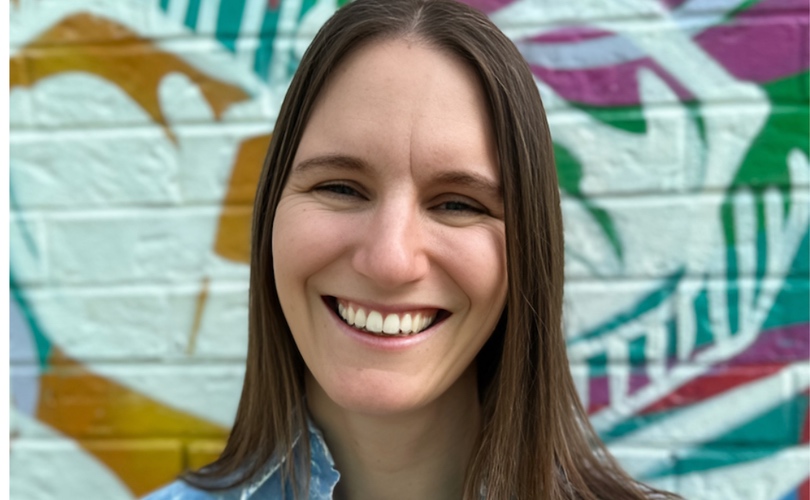Abortion
Abortion is killing Canada’s future. Now there’s an app for it
Canada desperately needs babies. It is less controversial to say that than it was just a few years ago, but progressive politicians still campaign on abortion and birth control (the NDP’s Jagmeet Singh is currently attempting to present himself as a feminist hero for insisting that the Canadian government pay for voluntary sterility) rather than championing pro-natal policies. It is simply true to say that based on their public statements – and antics – our leaders are simply more passionate about abortion than they are about boosting the birthrate.
As Canadian media outlets are increasingly willing to admit, the baby shortage is going to impact every aspect of Canadian life in the years ahead. Nobody has mentioned it out loud yet, but Canadian euthanasia rates are going to continue to increase sharply as the base of taxpayers shrinks and the elderly have fewer and fewer descendants willing or able to care for them. We’re burning the candle at both ends now, and the outcome is easily foreseeable.
The implosion of our birthrate will impact higher education, too. “Enter the demographic cliff,” Graeme Owen wrote a few years ago. “Even before the pandemic, Ontario universities were expected to see a 9% drop in enrolment by 2021 over 2015 levels. And without factoring in the pandemic, recession, and related impacts, enrolment is not expected to recover to 2015 levels until 2033.” Canadian colleges will lose billions, with all of the ripple effects that financial shortages bring about.
Thus, it should go without saying that Canada’s brightest minds should be working busily at these problems. Why aren’t people having children? Why are they having fewer than they say they want? What can we do to help them? How can we prevent unwanted abortions—of which there are many in Canada? These are important questions. Some of them are existential questions. But instead, as Linda Slobodian reported recently in the Western Standard, our institutions of higher learning are producing stuff like this:
A University of British Columbia (UBC) student has developed a slick website to help choose the best option to get rid of ‘unwanted surprises’ – as in babies. It’s My Choice refrains from using words like woman or female. Rather, it was designed to help ‘people,’ sexual minorities, and transgenders. How exciting for all those men who now identify as women in need of an abortion!
Kate Wahl, a UBC Ph.D. student in obstetrics and gynecology, developed It’s My Choice, Canada’s ‘first interactive’ website to ‘help Canadians choose the right type of abortion option that best fits their values and circumstances.’ She stepped up to help ‘Canadians navigate’ the ‘deeply personal choice.’ The ‘tool’ utilized by the website ‘calculateswhich option you may prefer.’
READ THE REST OF THIS COLUMN HERE








